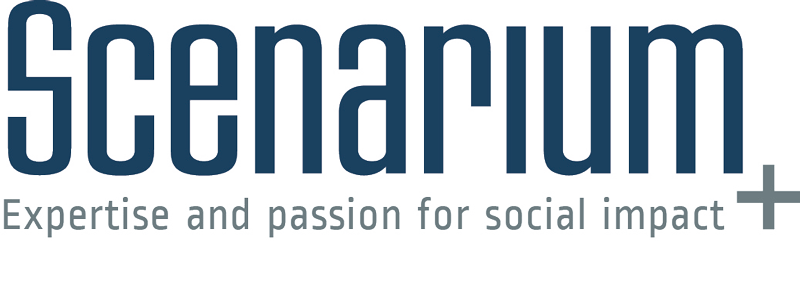Using nationally aggregated data to develop effective and equitable policies for the advancement towards UHC have failed to identify, and subsequently address, substantive differences in patterns of coverage and access amongst at-risk sub-populations such as women, children under five, and neonates.
On behalf of Unicef, Scenarium worked towards a feasible and contextually appropriate approach to assessing non-financial access barriers, and access enabling factors, to health services included under national UHC policies, using qualitative and quantitative methods for incorporation into Unicef’s equity-based and results-focused approach to District Health System Strengthening (DHSS).
Scenarium’s support built on two hypotheses: that barriers to attaining UHC include poorly understood and rarely addressed non-financial barriers and enabling factors, and that reaching the unreached will require building the capacity of the lowest administrative level to use mixed methods to assess and resolve local barriers that prevent at-risk groups from reaching UHC.
Scenarium placed an emphasis on quantitative approaches to ensure that statistical knowledge was accompanied by knowledge of procedures to reduce the influence of bias and to establish causality where possible, using national and sub-national survey and administrative data.
For further reading please see…



